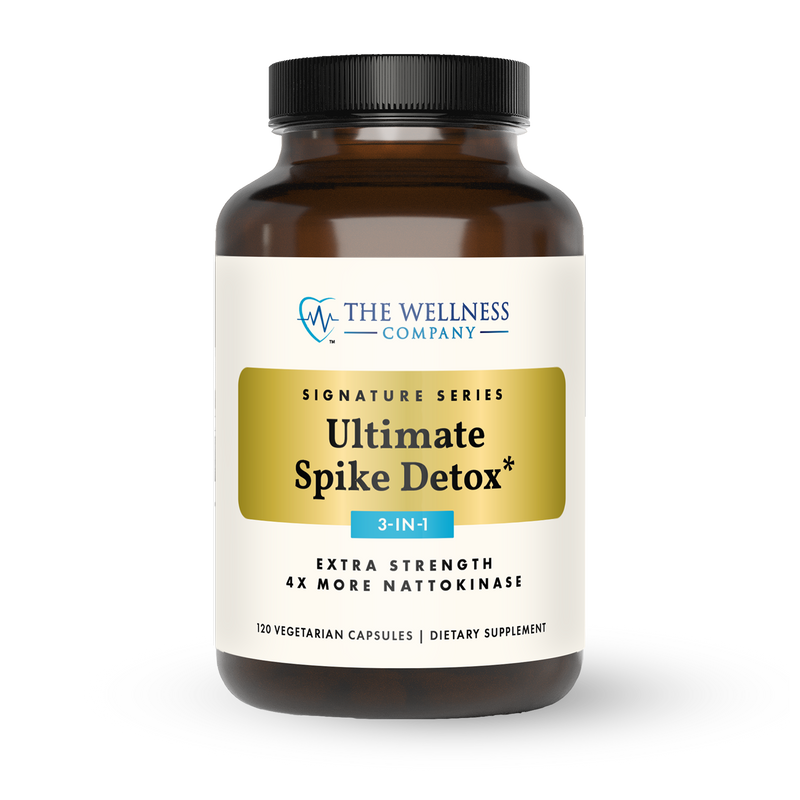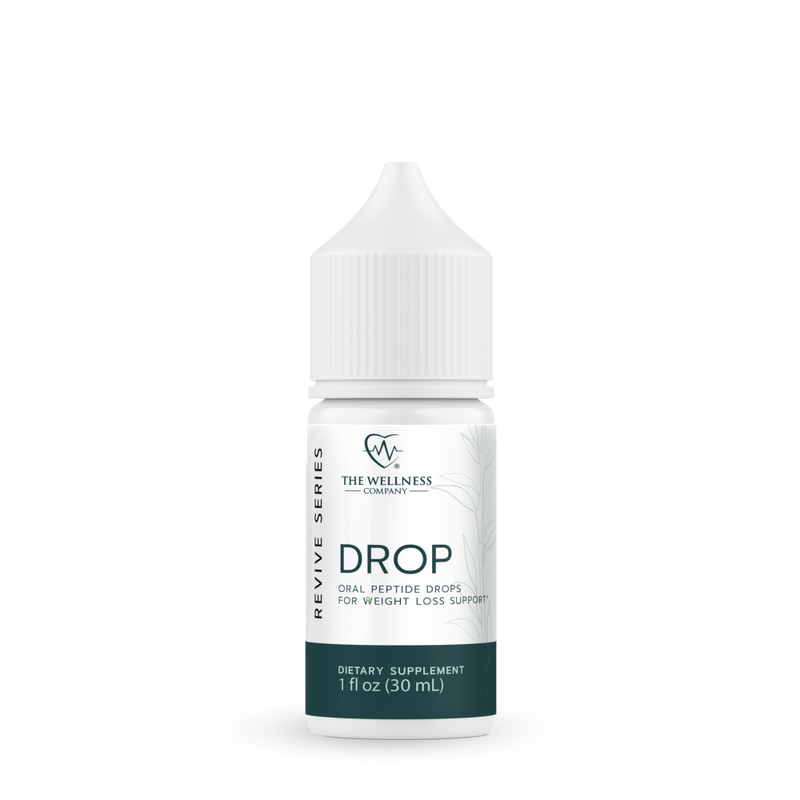Skip the Slump: Stay Energized and Productive All Afternoon

You find yourself yawning, trying to stay awake after lunch. As 2 o’clock rolls around, you find yourself struggling to stay focused and alert.
Was it the heavy meal you had at lunch? Was it your lack of good-quality sleep that has you barely keeping your eyes open every afternoon at about the same time?
Mid-day slump is a real phenomenon. There are basically 2 reasons why this occurs.
The first is our natural circadian rhythm.

It is believed that we may have a diurnal sleep pattern, meaning we have two sleep cycles. One in the evening and another in the midafternoon. Some cultures used to have long, extended lunchtimes that were intended for midday rest. A recent survey shows that countries are moving away from this practice, however.
The second is our lifestyle choices. We tend to ignore our body’s needs as we plow through our work assignments, whether at home or on the job.
Most of the time, with a little forethought and preparation, you can avoid midday sleepiness.
Stay Hydrated - Dehydration can lead to fatigue. Drink a large glass of water upon awakening. We typically lose water through perspiration and bathroom trips at night, so unless you are drinking water during the night, you may be waking up mildly dehydrated. Ensure you're drinking enough water throughout the day to keep your body hydrated and functioning optimally. Keep some lemon water at your desk and sip on it throughout the day. Lemon and other citrus are stimulating and can help you stay hydrated.
Get Enough Sleep - Aim for 7-9 hours of quality sleep per night. Establishing a consistent sleep schedule helps regulate your body's internal clock and boosts your energy levels. Calming oils, such as lavender essential oil in a diffuser can help signal your body that it is time to relax and sleep.
Exercise Regularly – Take a short walk at lunchtime. The sunshine, fresh air, and exercise will stimulate and boost your endorphins, leading to an increase in energy and focus.
Balance your blood sugar to avoid sugar rebound. Eat meals lower in refined carbohydrates and aim for protein-rich snacks and foods. Steer clear of the office lunchroom when hungry. The quick energy of the donuts, cookies, and other so-called “healthy snacks” (those raisin bran muffins, yogurt packed full of sugar, etc.) leads to an energy crash leaving you tired, fuzzy-minded, and unable to focus. Keep high-protein snacks readily available for those times you feel hungry. Nuts, jerky, and even our Bison Trifecta supplement can be a convenient source of protein, especially if you are on the go and can’t fit in a regular meal.
Eat a high protein, low refined carbohydrate breakfast to kick start your day. This will help you maintain an even blood sugar level throughout the day. Skip the bagels, muffins, and cereals, and aim for eggs and lean proteins to start your day off right.
Manage Stress – High-stress levels can deplete your energy by causing a spike in cortisol levels, leading to a blood sugar spike. This results in a sugar crash. Stress is such a huge factor in many diseases. Avoiding stressful news on the internet and stressful situations as much as you are able, is one of the most important things you can do for your overall health. Just like the effect lavender essential oil has on sleep, with its relaxing antianxiety properties, this amazing oil has so many uses. In addition, peppermint essential oil can boost mental cognition and increase focus. Using these oils in a diffuser at your desk or place of work can enhance mood and provide a calm, relaxing atmosphere.
Limit Caffeine - While caffeine can provide an initial energy boost, too much can lead to insomnia and a subsequent decrease in energy. Try to limit your caffeine intake to 2 cups or so in the morning, and a cup in the afternoon. Coffee has many health-promoting properties; however, you can drink too much.
Take Short Breaks - During long tasks, take short breaks to help clear your mind and improve focus. This can help prevent fatigue and maintain energy throughout the day. Get up and stretch when working on intense work projects on an hourly basis. Your productivity will increase with these short breaks.
Avoid Smoking and Limit Alcohol - Smoking and excessive alcohol consumption can impair your sleep and reduce your energy levels. Alcohol can disrupt sleeping patterns. It may make you feel drowsy at first, but its effects can alter sleep patterns. If you drink alcohol, try consuming it 5 or more hours before bedtime.
Sunlight Exposure - Sunlight helps regulate sleep and can boost your mood. Upon awakening, step outside if able and enjoy a minute or two of the rising sun. That sets your circadian rhythm by shutting down melatonin production. In addition, going outside into the light at lunchtime can energize and help you keep focused for the remainder of the day.
Consider Supplements - It is almost impossible these days to do everything we need to do to maintain our energy and focus. Our lifestyles and external pressures can rob us of vital B vitamins and deplete our bodies of energy-producing elements. If you're deficient in certain vitamins and minerals, it can affect your energy levels.
Our Elevated Energy supplement can help revitalize your tired cells, by giving them what they need and may have become depleted in.
D-Ribose: A key component of ATP, the primary energy currency of cells. D-ribose aids in muscle recovery and can help reduce fatigue during periods of high energy demands such as stress or exercise.
Acetyl-L-Carnitine HCL (ALCAR): Facilitates fatty acid transport into the mitochondria, where fatty acids are oxidized to produce ATP, the energy currency of cells. There is some evidence that ALCAR may have antioxidant properties that protect cells from oxidative damage. ALCAR also has cognitive benefits, such as improved memory, focus, and mental clarity which could help with the afternoon slump. (2)
Citicoline:
Supports brain health and cognitive function and may help reduce mental fatigue and improve focus and concentration. (3)
Pyrroloquinoline Quinone (PQQ):
Plays a role in cellular energy metabolism and mitochondrial function. It has demonstrated the ability to promote mitochondrial biogenesis, the process of generating new mitochondria, which are the powerhouse of the cell responsible for ATP production.
PQQ also exhibits antioxidant properties, and supports neuronal health which indirectly can contribute to reduced fatigue and increased energy levels. (4)
B Complex Vitamins
Consider adding a B complex vitamin to your diet. B vitamins play essential roles in energy metabolism, neurotransmitter synthesis, DNA synthesis, and red blood cell formation, among other functions. Our bioavailable form of B complex vitamins is formulated to give the body what it needs.
Before using any of these supplements, consult with your healthcare provider. Some supplements can interact with medications and other supplements.
Citations
- Mahoney DE, Hiebert JB, Thimmesch A, Pierce JT, Vacek JL, Clancy RL, Sauer AJ, Pierce JD. Understanding D-Ribose and Mitochondrial Function. Adv Biosci Clin Med. 2018;6(1):1-5. doi: 10.7575/aiac.abcmed.v.6n.1p.1. PMID: 29780691; PMCID: PMC5959283.
- Ferreira GC, McKenna MC. L-Carnitine and Acetyl-L-carnitine Roles and Neuroprotection in Developing Brain. Neurochem Res. 2017 Jun;42(6):1661-1675. doi: 10.1007/s11064-017-2288-7. Epub 2017 May 16. PMID: 28508995; PMCID: PMC5621476.
- Nakazaki E, Mah E, Sanoshy K, Citrolo D, Watanabe F. Citicoline and Memory Function in Healthy Older Adults: A Randomized, Double-Blind, Placebo-Controlled Clinical Trial. J Nutr. 2021 Aug 7;151(8):2153-2160. doi: 10.1093/jn/nxab119. PMID: 33978188; PMCID: PMC8349115.
- Jonscher KR, Chowanadisai W, Rucker RB. Pyrroloquinoline-Quinone Is More Than an Antioxidant: A Vitamin-like Accessory Factor Important in Health and Disease Prevention. Biomolecules. 2021 Sep 30;11(10):1441. doi: 10.3390/biom11101441. PMID: 34680074; PMCID: PMC8533503.
Written by Brooke Lounsbury














